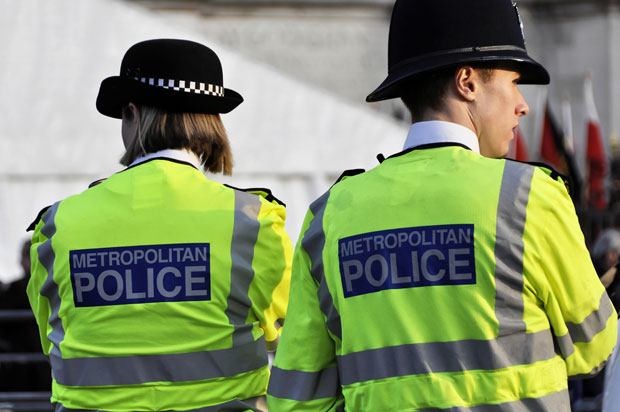Stop and search
What happens if you're stopped and searched by police - and what are your rights?

You don't have to give them your details if you don't want to
Over 1.2 million stop and searches are carried out every year in England and Wales, with the large majority of people stopped aged between 18 and 24.
But being stopped and searched doesn’t mean you’re under arrest or have done anything wrong.
Why have I been stopped and searched?
If you’re stopped and searched by the police it means they suspect that you’re in unlawful possession of something (drugs or weapons, for example) or are carrying stolen property.
They can also stop you if there’s been violence or disorder in the area, or if you match the description of someone they are looking for.
They must have reasonable grounds to be suspicious though, and cannot stop you simply because of your race, religion or sex.
What will happen if I’m stopped and searched?
- Only a police officer or community support officer is allowed to stop and search you. They must tell you their name, what police station they work at, why you’ve been stopped, and what they’re looking for.
- If the police officer decides to search you, they must do it in a public place. They may ask you to take off your coat, open your bag or empty your pockets.
- If they ask you to remove more clothing than your coat, jacket or gloves, or clothing you wear for religious reasons (such as a veil or turban) you must be taken out of public view and searched by an officer of the same sex.
- They’ll ask you for your name, address and date of birth. You don’t have to give this information if you don’t want to, unless the officer says they’re reporting you for an offence. Although refusing to do so won’t make them happy bunnies – so be wary.
- Everyone who is stopped or searched will also be asked to give their ethnic background. Again, you don’t have to give this, but the officer is required to record it so community representatives can ensure the police are using their powers fairly.
- Afterwards, the officer must give you a written record of the event, which should include: the date, time and place of the stop and search, the officer’s details, the reason for the stop and search, the outcome, and your description if you refused to provide your personal details. Keep hold of this record in case you want to make a complaint.
What are my rights if I’m stopped and searched?
Stop and searches are not voluntary, and officers don’t need your permission to go through your belongings. If you refuse, they can use force.
However, it’s worth remembering:
- They must tell you WHY
- If you’re asked to remove clothing, it must be out of public view
- You don’t have to give them your details
- They can’t stop you because of you race, religion or sex
What is the Section 60 rule for stop and searches?
Section 60 of the Criminal Justice and Public Order Act 1994 allows police to stop and search ANYONE in a defined area at a specific time. It’s mainly used to tackle football hooliganism, gang fights and protests.
A section 60 can be used if there’s the possibility of serious violence taking place, or if an incident involving serious violence has taken place and a weapon used is being carried nearby.
What can I do if I feel I’ve been stopped and searched unfairly?
The searching officer will give you a receipt which contains the details of the stop and search, including information on the police officer and their station.
If you feel that you’ve been treated unfairly, or been discriminated against, you have the right to make a complaint. You can do so by contacting the police station in question directly, either by phone, writing or email.
If you’re unhappy with the outcome of your complaint, you should speak to the Citizens Advice Bureau, or the Independent Police Complaints Commission.
Photo of police by Shutterstock
Next Steps
- Citizens Advice offer free help with housing, money and legal problems. Find your local centre.
- Chat about this subject on our Discussion Boards.
- Need help but confused where to go locally? Download our StepFinder iPhone app to find local support services quickly.
By
Updated on 29-Sep-2015
No featured article













